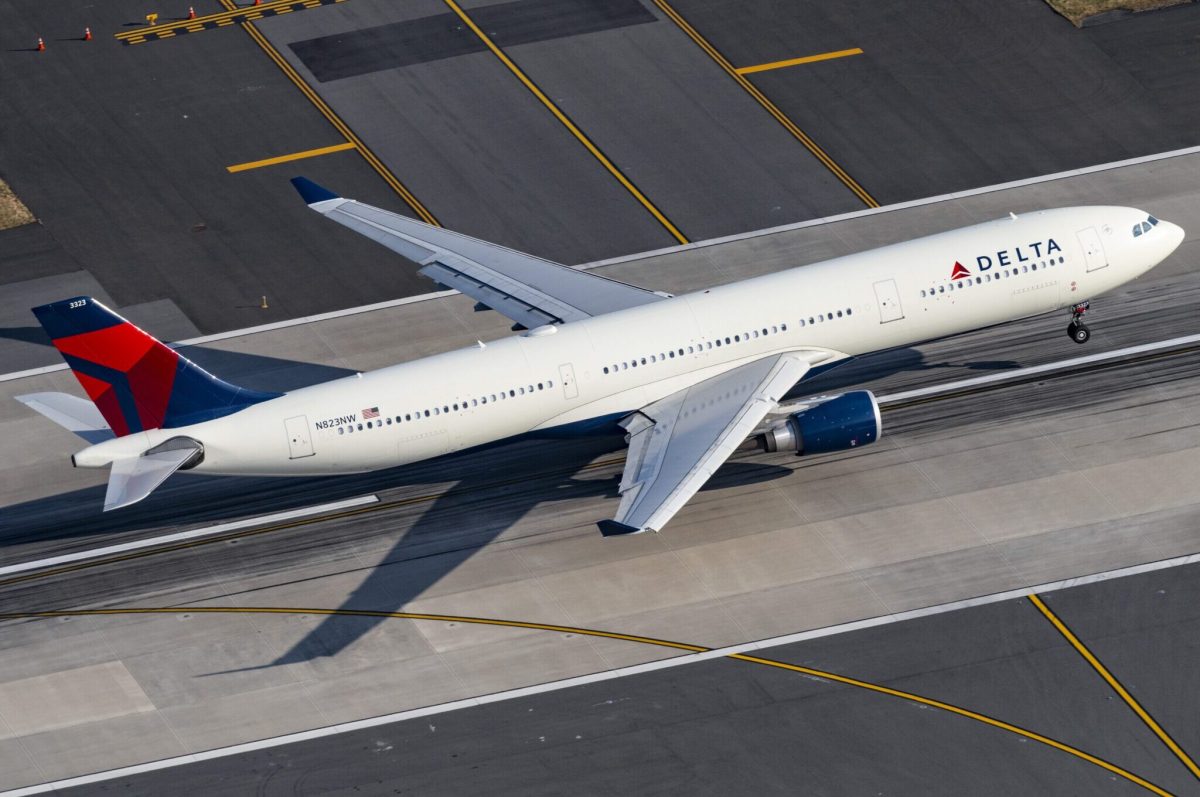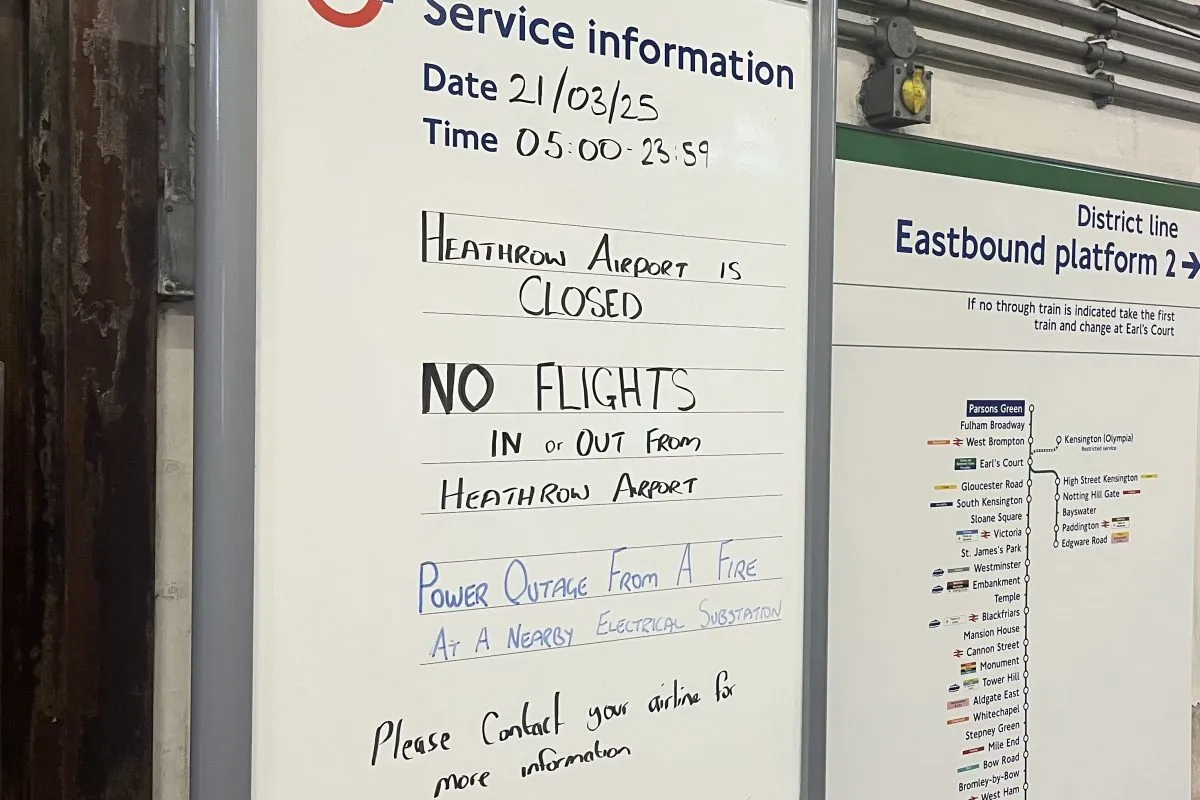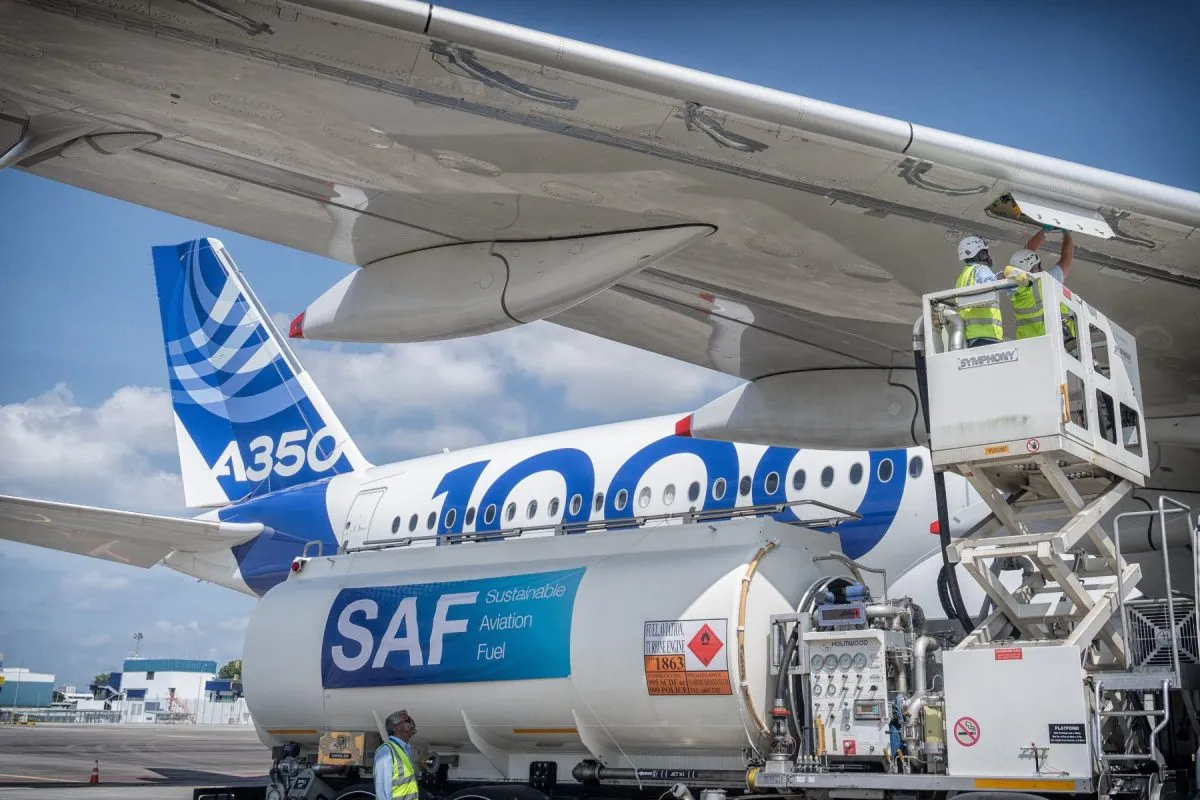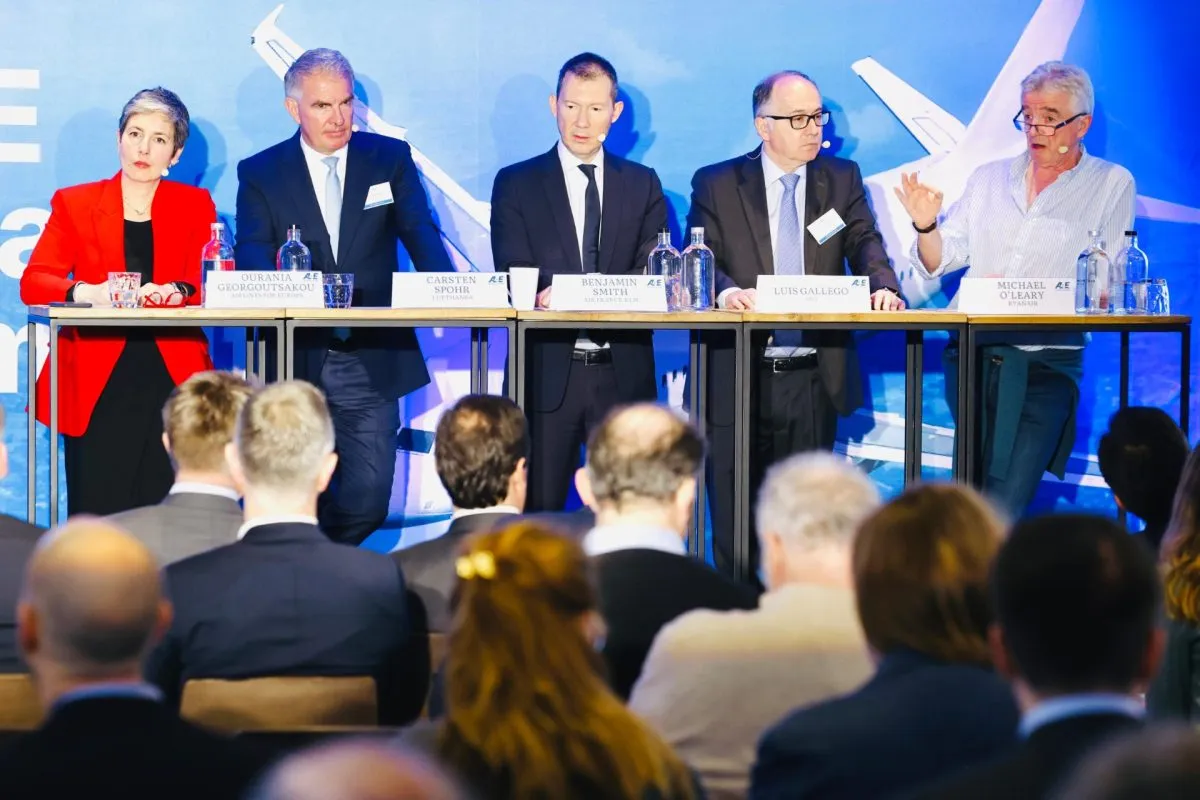Marriott Won't Miss Out on India's Wedding and Religious Tourism Market
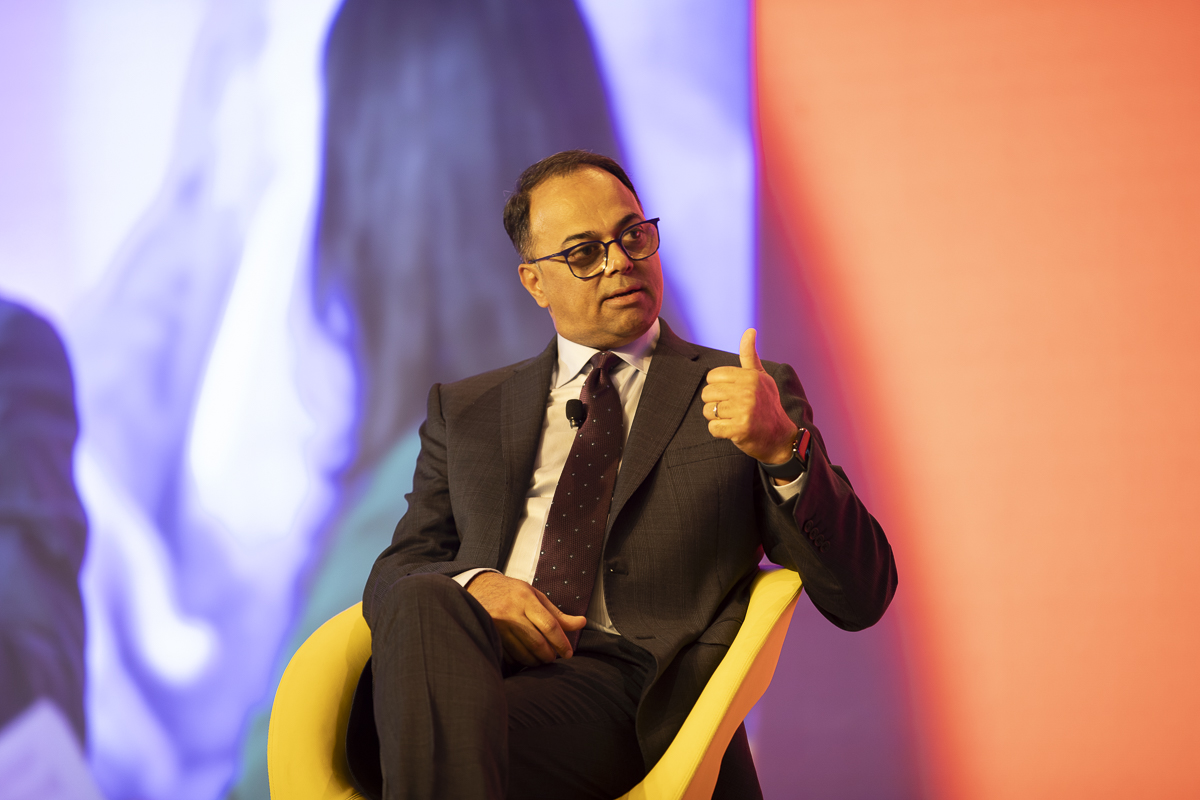
Skift Take
Marriott’s journey in India began 25 years ago. The company today boasts of 148 hotels, with another 79 in construction.
Marriott is also focusing on growing organically in India, weaning away from acquiring companies to enter and grow in a market.
“Within Marriott there is a strong level of optimism that this country is going to continue to grow and eventually be the third biggest market for us,” said Rajeev Menon, president for Marriott International for Asia Pacific excluding Greater China at Skift’s inaugural India summit. “We are racing towards becoming the third-biggest in India over the next few years.”
Does India Need A Homegrown Brand?
Marriott recently launched the Moxy brand in India with 128 rooms close to the Bangalore airport. Does India need a homegrown brand? Menon said maybe eventually, and only after a lot of research and adapting to the Indian consumer.
Menon said that the Marriott Group has 31 brands and 17 of those are operational in India.
“One thing we've been very clear about is that when we bring a brand in India, we spend enough time researching the brand and figure out if that fits what the consumer here wants,” Menon said.
Menon gave the example of bringing Marriott’s Fairfield Inn to India. He noted that the first thing the company had to do was drop the word “Inn” from its name, due to its negative connotations. Second, the Indian consumer wants delivery to the room, irrespective of whether the hotel is three star or five star, and in second-tier markets, hotels serve as the social hub. So when Marriott launched Fairfield in India a decade ago, it offered room service and had a restaurant for gatherings.
Midscale Hotels, Upscale Travelers
Addressing the question of whether the Indian consumer will find a midscale hotel upscale, Menon warned against underestimating the spending power in the country.
“Keep in mind that Indians are transitioning themselves,” Menon said. “And you will be amazed how much spending power is in the secondary and tertiary markets and often it is the Fairfield or the courtyard that ends up becoming the social hub for the city.”
Menon added that Marriott may at some point consider bringing its international brands to India, but for now the company feels like it has the right brand mix to grow in the market.
Religious Tourism
When it comes to customizing offerings to India as a market, Marriott is in the mix serving the religious traveler or the wedding crowd.
Marriott’s 150th hotel in India will be in Katra, on the way to the Vaishnodevi temple, a holy pilgrimage site for Indian Hindus. Menon also sees the Marriott hotel brands in secondary and tertiary markets as wedding venues.
“Religious tourism represents a great opportunity for the industry,” Menon said.
“In the past, there was really nothing but guest houses for us to stay at. And you know, as Indians from overseas show up in the country or as Indians within the country acquire wealth and travel to these destinations, they want a better product.”

